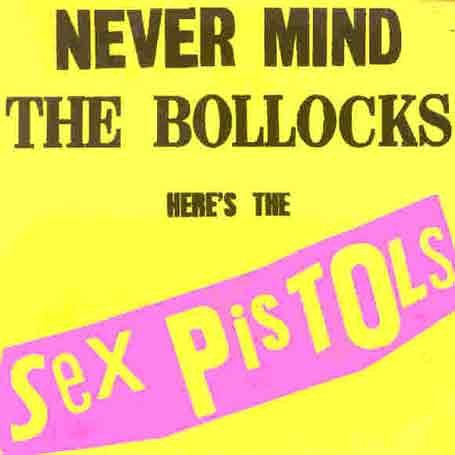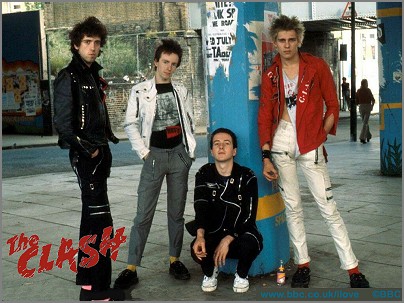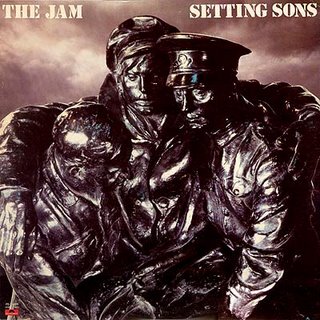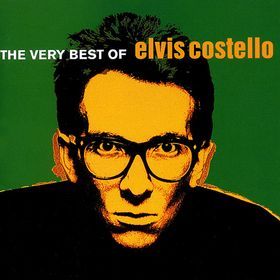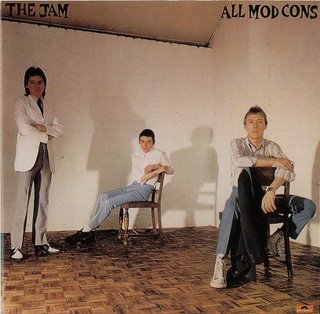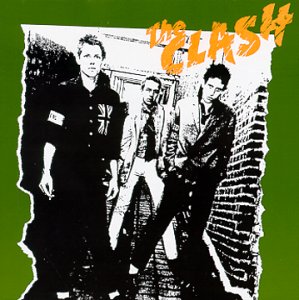
Rocking The Town To The Clash City Rockers
In the same way that the first albums released by The Beatles and The Rolling Stones were revamped and even drastically modified for US release, The Clash’s eponymous album underwent the cut-and-paste treatment when it was released in the States in the year 1979.
Every person who has listened to the original album (released in 1977, obviously) arrives at the same conclusion: the original has a more organic flow, whereas the American edition features better individual songs. That is nothing surprising – the US edition ended up resembling a sort of mini compilation of their best songs up to that point. Songs that were added to the American release (which boasted 15 songs, as opposed to the 14 the British release included) featured the hits “Clash City Rockers”, “Complete Control”, “White Man In Hammersmith Palais” and “I Fought The Law”, a song which stuck out like a sore thumb because the production values were so much higher. That is something to take into account – the original LP was recorded in a dilapidated warehouse, and it sounded like that. You put something like “I Fought The Law” in the middle, and it feels like placing a scene from “I Am Legend” into “The Omega Man”. Continue reading →
